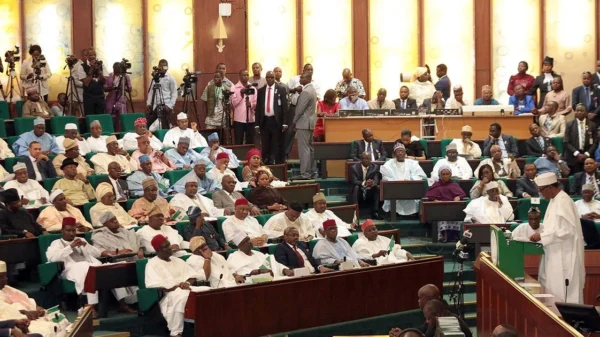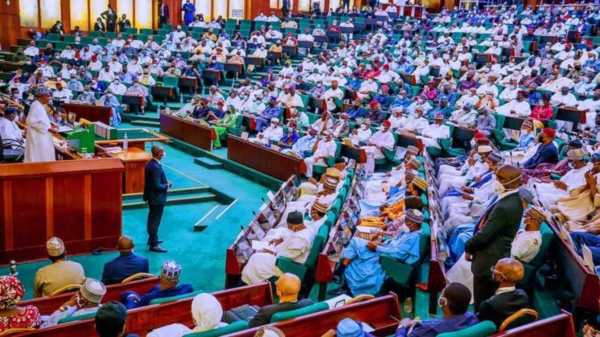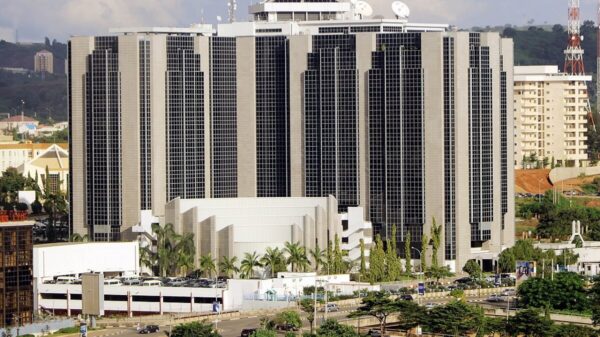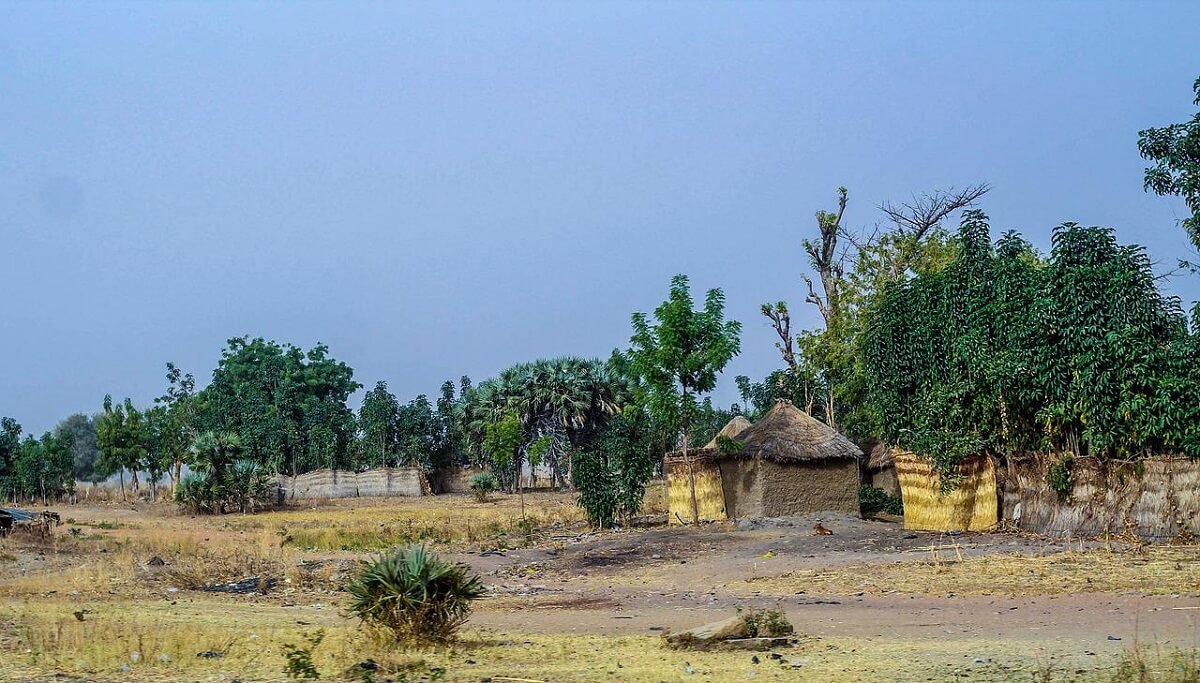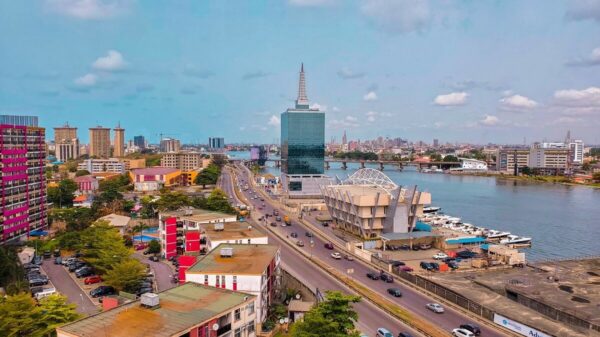The first thing to note is that corruption is present in every country around the world. No country is immune, but some countries mitigate and prosecute corrupt practices much more effectively than others.
There are several (often interrelated) causes of corruption. Poverty is one such cause. Poorly paid civil servants for example are much more easily bribed than highly paid ones. It is much cheaper to bribe an unscrupulous man who survives on less than five dollars a day than it is to bribe one who earns fifty or five hundred. On a national scale, poorer countries also have fewer resources to dedicate to fighting corruption; and the few resources available can themselves be more easily corrupted.
Overly high levels of bureaucracy and regulation in an economy can also lead to higher levels of corruption. In Nigeria’s oil and gas industry for example, setting up and operating a company often requires obtaining and maintaining multiple licenses and clearances from multiple regulators, with each license potentially requiring a lengthy and complicated process to obtain. This kind of complexity creates several opportunities for public servants to request bribes, as well as an incentive for applicants to offer to bribe officials to help them ‘simplify’ the process.
A third (somewhat disputed) cause worth mentioning is the high level of ethnic diversity in Nigeria. Several studies have shown that high levels of ethnic diversity in a country can lead to tribal based favoritism since politicians are more likely to allocate resources favorably to members of their own ethnic group. Knowing this, group members are more willing to ignore infractions (such as corrupt behavior) by leaders from their group while crying foul about such behavior in politicians from other groups.
In Nigeria, these three factors combine with other factors such as our (largely) extractives-based economy, high levels of gender inequality, and a general lack of governmental transparency and accountability to lead to relatively high levels of corruption.
How to reduce corruption? Well, there are several approaches that can help. Improving transparency into how public funds are spent, simplifying governmental processes to eliminate unnecessary bureaucracy, and increasing accountability of public servants can all help.
Another interesting (and maybe controversial) approach seems to be getting more women into positions of power. Several studies have shown that even after controlling for other factors (such as the level of democracy in a society et cetera), parliaments and governments with a greater representation of women tend to be less corrupt on the whole than male dominated ones – but that is a topic for another article.
Victor is a passionate Nigerian with a two-fold mission to construct solutions, and to fight misinformation.


